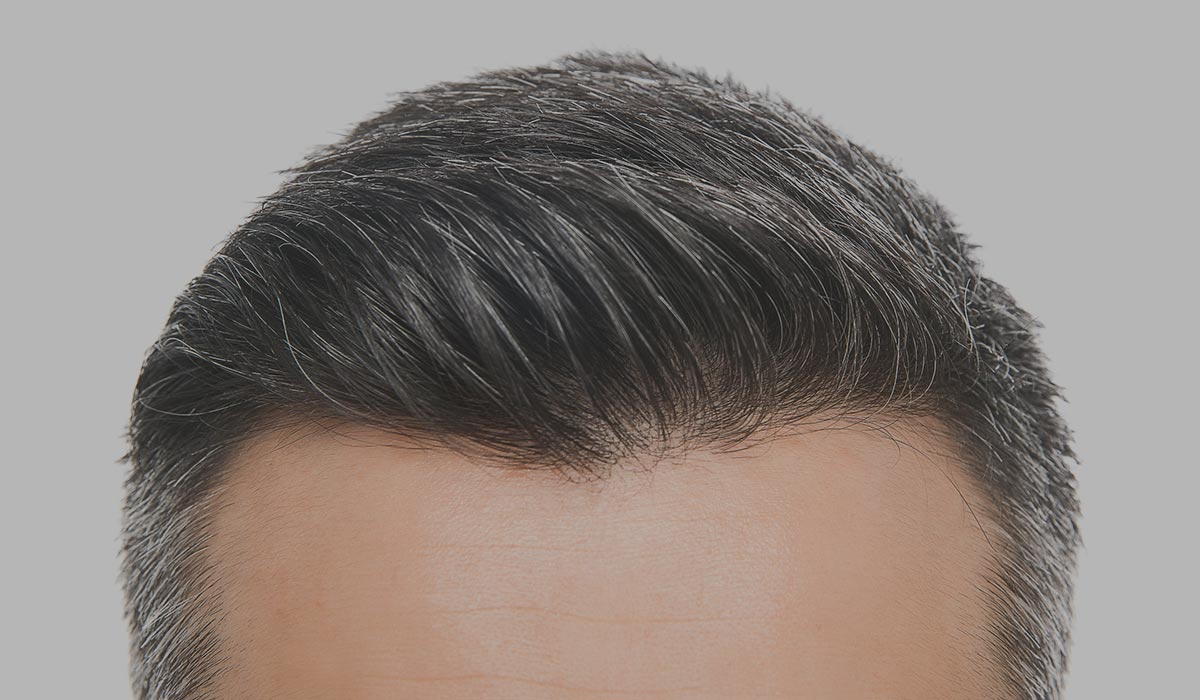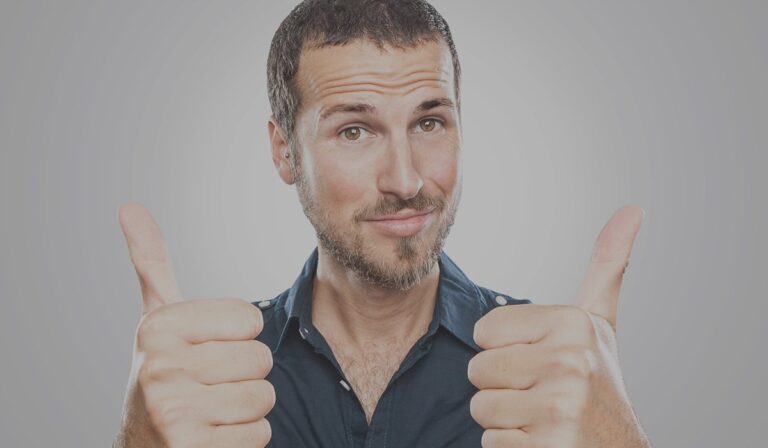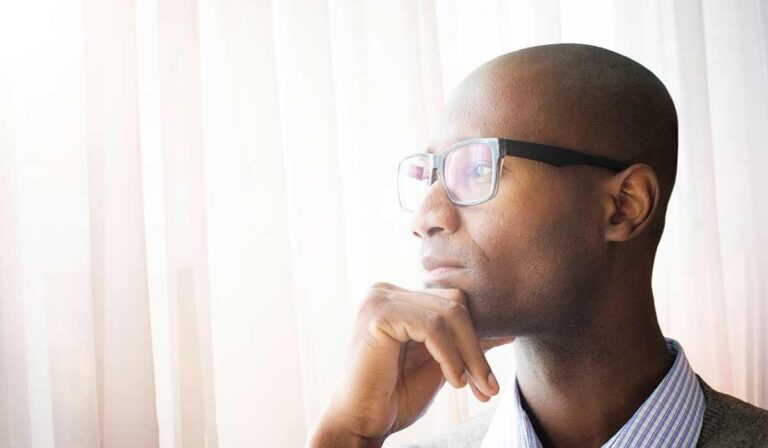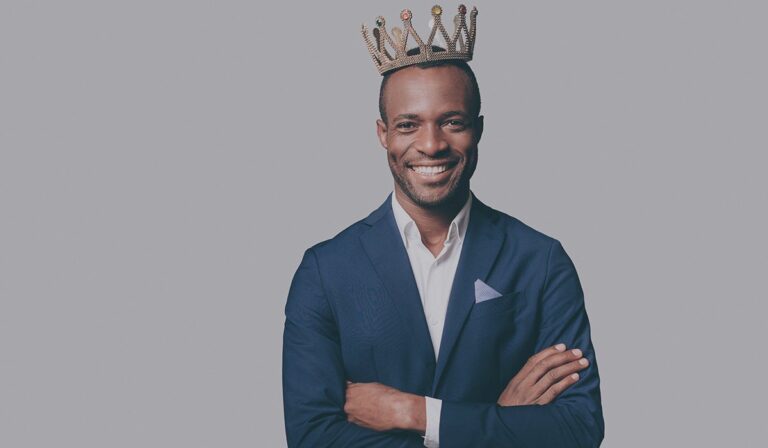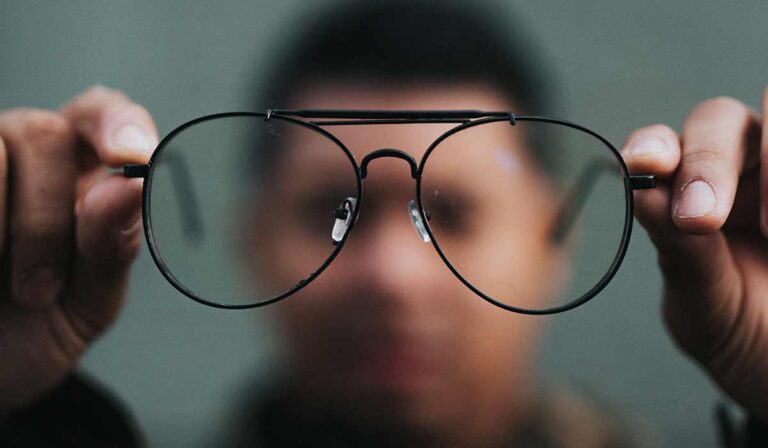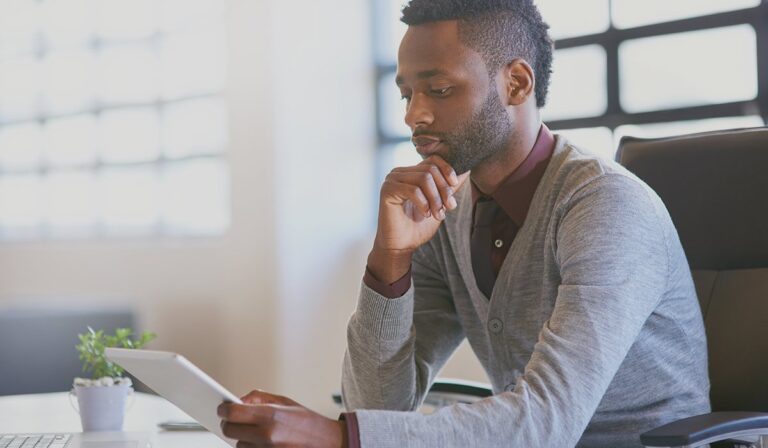Who is the Most Influential Person Ever?
Who is the one expert you trust more than any other in the world?
If you’re like most people, you probably thought of a scientist, a mentor, friend, or even a religious leader. And just like the rest, you would be completely wrong.
Every one of us has a single authority that we believe in more than any other, and he or she lives in between your ears.
View all of the posts in our Cognitive Biases in marketing series.
No matter what kind of evidence life gives to dissuade ourselves from thinking we are credible sources of information on a given topic, we trust our own thoughts and opinions implicitly. When our assumptions keep turning out to be true when we make one bad call after another, we figure we’ve learned from experience.
There can certainly be a bit of truth and wisdom in each of these perspectives, and it’s always a good idea to trust your own values and intuition. However, it’s also important to recognize that every thought and impression that arrives at your conscious mind has already come through a certain set of filters that may or may not be accurate.
In other words, you shouldn’t believe everything you think.
That’s because you are likely holding on to several different internal biases at any given moment, and they could be colouring the way you see the world… not to mention the decisions you make. To understand why this is a bigger deal than you might realize, there are a few things about bias you should remember…
1. Bias is Unconscious
You’re not biased against other people because of the way they look, right? In one survey after another, we will all insist that we are modern, progressive citizens of the world who don’t concern ourselves with race or socioeconomic status when evaluating our neighbours. Isn’t that great?
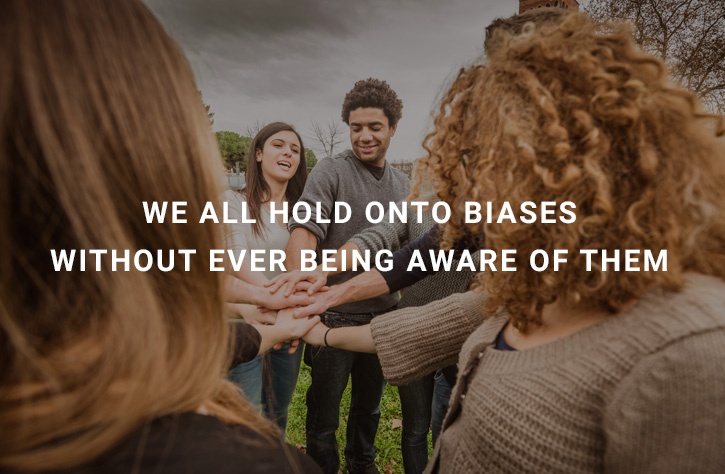
And yet, when psychologists study instantaneous behaviours and reactions, they inevitably find that we fear people who don’t look like us, who sport tattoos or unusual piercings, or who exhibit personality traits that don’t line up with our own ideas of normal and acceptable values (whatever those may be).
I’m not trying to suggest that we are all racists or snobs. Instead, I’m trying to make the point that what we think and believe about ourselves consciously isn’t always necessarily true on a deeper level.
The fact of the matter is we all hold onto biases without ever being aware of them in the first place. By the time we have a thought, the bias is already cooked in. That’s what makes them so insidious.
The amygdalae (there are two) are key in the formation and storage of emotional memories. –Andy Crestodina
Obviously, that has big and fascinating implications for things like politics and economics. However, bias isn’t just for big and abstract topics.
2. Your Biases Affect Your Business
The unconscious biases you hold on to absolutely affect your business, your career, and the quality of the decisions you make every day. And it’s worth pointing out, once again, that you aren’t even aware that you’re holding onto a bias at the moment you’re doing so.
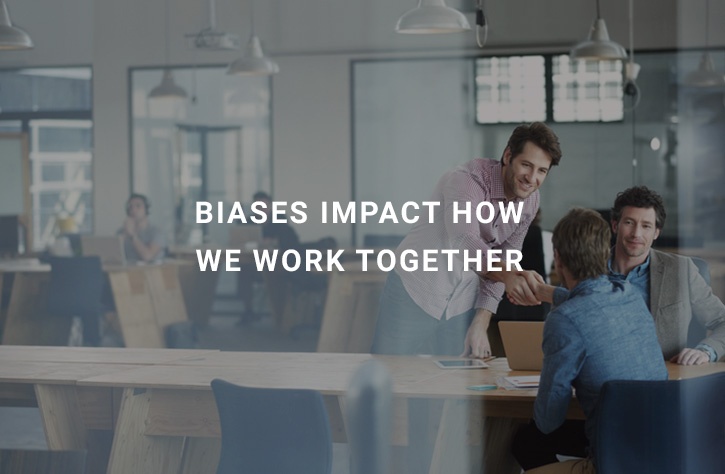
Nonetheless, our biases affect the hiring decisions we make, the marketing campaigns we put together, and even the way we present ourselves to the world. They colour our impressions of success and failure, and dictate to us what we think should be the appropriate responses to different challenges.
The most striking thing about bias isn’t that they affect the way we see other people, but that they alter the impressions we have of ourselves. They can convince us that we are smarter, more talented, and more generous than subjective data might suggest. Or, they can convince us that we don’t have the creativity and resources to take on something huge even when the achievement we aspire to is well within our grasp.
Our many, many biases can push us forward in ways we’ll regret, or keep us from becoming the best versions of our professional selves.
3. You Have More Biases Than You Think
Not only are we not aware of our biases while we’re holding onto them, but most of us aren’t even remotely aware of how many biases we actually have. Just for the sake of illustration, here are a few ways you have probably subconsciously filtered your own thoughts in the last few hours:
- You likely believe that you are above average in most areas of your life (like appearance, talent, athletic performance, etc) even though that’s statistically unlikely.
- Despite statistics or research that suggest your own personal experiences are unusual, you probably think whatever you have seen or heard in your life is typical for others.
- A single personal story or experience, even if it didn’t come to you firsthand, will sway your opinion on a topic more than “hard facts,” even if you know the facts and they contradict the story.
- Given the opportunity, you are more likely to believe something you want to be true, even if it flies in the face of verifiable details that can be checked; in fact, you may believe a false idea more strongly after it has been disproven.
These are just a few simple and common examples, but they point to the way we let our unconscious biases stop us from thinking rationally in our day-to-day lives. What I want you to draw from them is the realization that we really do believe in things we shouldn’t.
What Comes Next?
The first step to overcoming unconscious biases – and making better decisions – is being aware of them, and then having the ability to spot them in your life. Once you can name your mental tendencies, and see how they work, you are well on the way to getting past these kinds of mental stumbling blocks.
“What if we got it all wrong, all upside down and inside out? We look at biases as flaws and faults. Maybe we should look at it as standards and norms. That’s what human nature is, what it always been since the time began!” – David Hamman
In order to help you with that, I’m going to be releasing a series of posts highlighting common biases we tend to hold and how they affect us. I’ll show examples of how they affect us in daily life, and in particular what they mean for us as online marketers.
More in the series:
- My Egocentric Bias is Bigger Than Your Egocentric Bias
- Why Does Consensus Often Lead to False Positives?
 Natascha Thomson
Natascha ThomsonCEO MarketingXLerator
Randy is one of those people who are smart and mindful at the same time. We met in a social media online group and have since attended events together. I’ve learned so many things from him, his blog posts and panels he’s been on. We are both small business owners, and while Randy might not be aware of that, I have picked up a ton of tips and tricks from him for my biz. Randy literally has written the book on websites and – what I like best – takes a holistic approach. He is strategic and wraps his head around your objectives and ecosystem before he comes up with ideas. I recommend him highly.
LinkedIn Recommendation
So, if you’re ready to stop believing everything you think, tune in to see how you can overcome your unconscious biases and become a better marketer almost overnight!
Learn how we apply behavioural insights into lead conversion optimization using HubSpot Software.
And, as you watch for my next post, be sure to check out our marketing persona identification tool. It’s a killer good tool to use.

